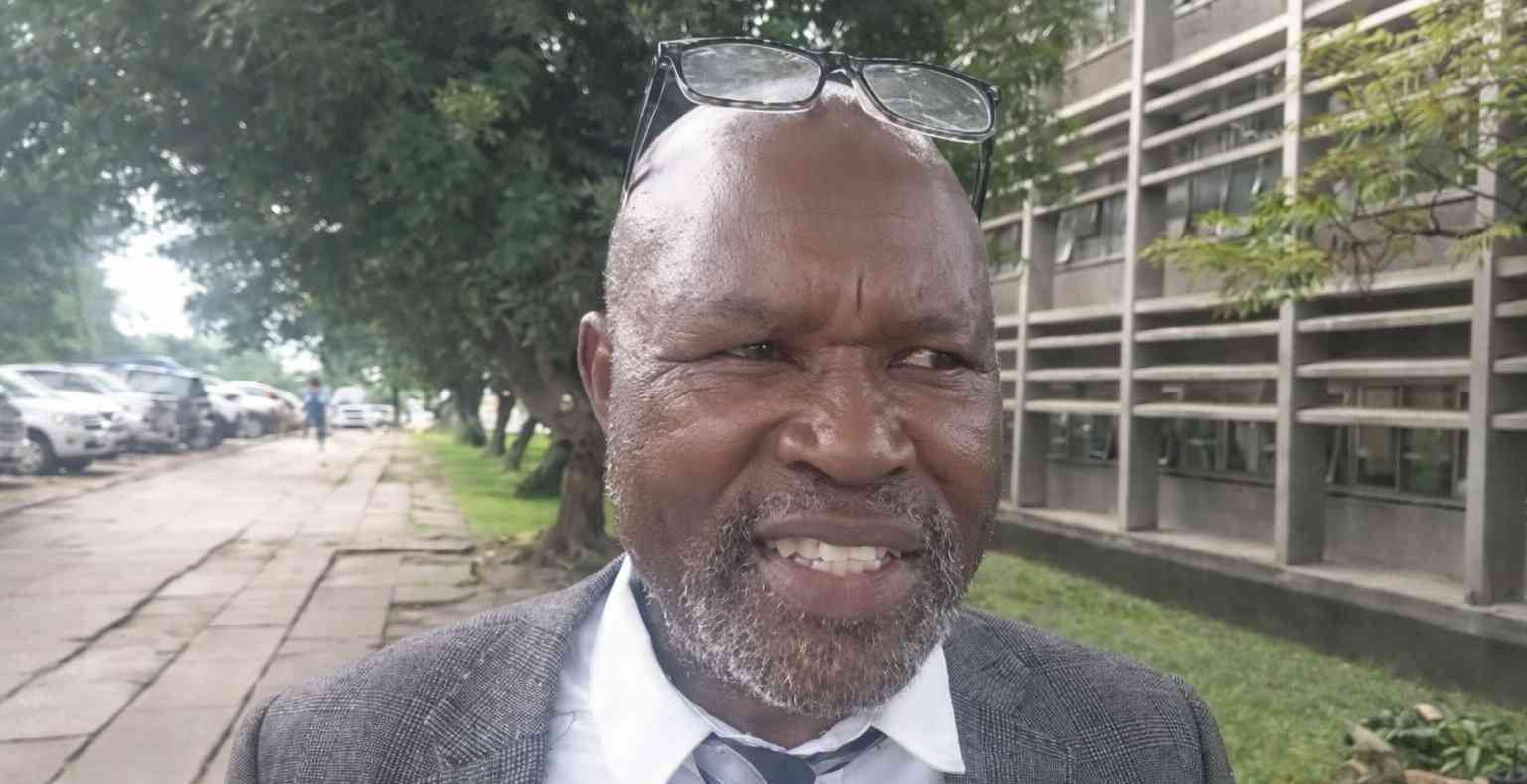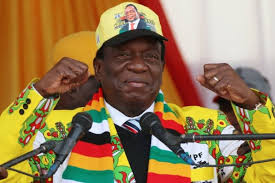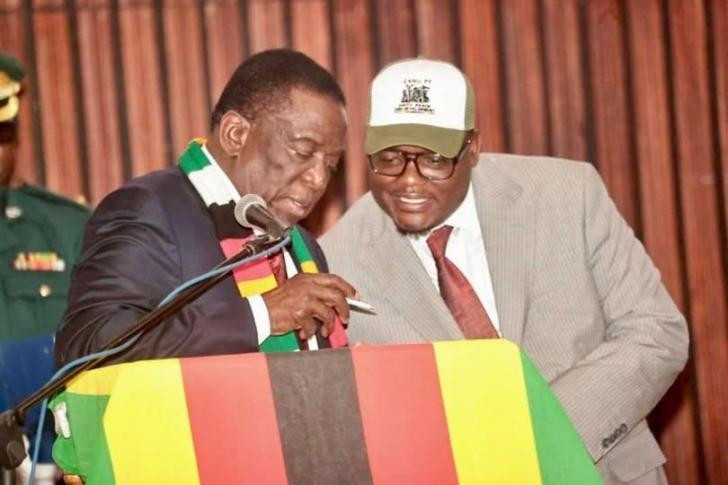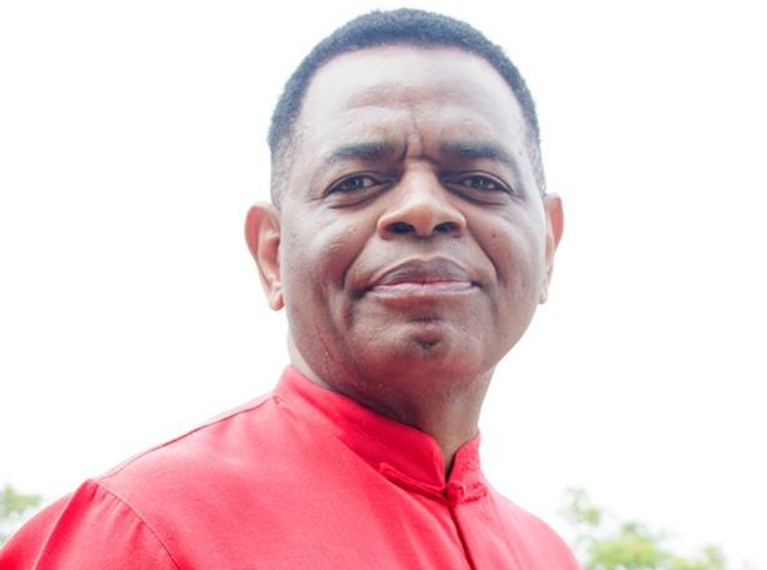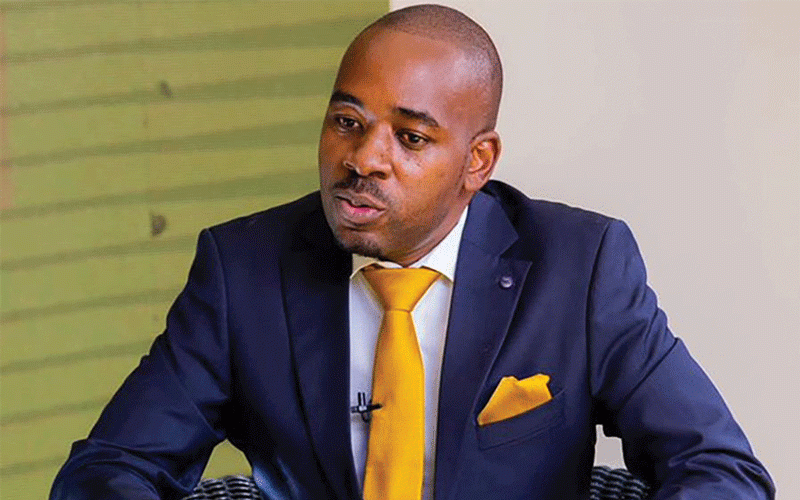
The last decade in Africa’s history has been marked by some dramatic and significant developments on the continent’s political terrain as opposition parties struggle to unseat the established political parties.
These developments have been as varied as they have been contradictory in the quest for democracy.
They have also constituted a major challenge in political discourse as different schools of thought grapple with them in terms of their weight and meaning.
As can be imagined, there is no consensus on the most appropriate approach for interpreting the changes that are taking place in the structure, content and dynamics of African politics.
The Zimbabwean political arena and the crop of its leaders is characterised by ‘selfishness’ and self-help amid changes in the political space.
The main opposition party Citizen Coalition for Change (CCC) last week conducted its candidates' selection process after it adopted a citizens-centred selection process whereby candidates are selected based on consensus by the electorate.
Nelson Chamisa, the CCC's leader, was unanimously selected as the party's presidential candidate to challenge Zanu PF leader President Emmerson Mnangagwa in this year's elections.
The process seems to be new and one of its kind in Zimbabwe’s political sphere since independence, but with limited chances to meet the global standards.
- Open letter to President Mnangagwa
- Feature: ‘It’s worse right now than under Mugabe’: Sikhala pays the price of opposition in solitary cell
- Masvingo turns down fire tender deal
- Human-wildlife conflict drive African wild dogs to extinction
Keep Reading
The process was marred by the alleged imposition of candidates, which saw Chamisa emerging unchallenged in all the provinces.
Political parties in the country usually use congresses or primary elections to select candidates ahead of elections.
However, CCC decided to take a different route, which some critics said was not transparent.
CCC’s candidate selection process came after Zanu PF’s chaotic primary elections that were marred by violence and vote rigging claims.
Some candidates found their names missing from cell registers on election day while ballot papers were not delivered in certain areas.
The opposition in Zimbabwe has suffered several splits especially after internal elections.
The Movement for Democratic Change (MDC), which gave birth to CCC, first split after the 2005 Senate election with a main faction headed by the founder leader Morgan Tsvangirai (MDC-T) and another one led by Welshman Ncube and later Arthur Mutambara (MDC).
The MDC Alliance, a coalition, led by MDC-T ahead of the 2018 elections also split the following year.
MDC-Alliance led by
Chamisa, and MDC-T, led initially by Thokozani Khupe and now by Douglas Mwonzora separated due to internal conflicts after some long-time candidates lost at the party’s congress.
At the peak of the Covid-19 pandemic in March 2020, a Supreme Court judgement ruled that Chamisa’s rise to power was irregular.
The court’s ruling recognised Thokozani Khupe as the legitimate successor to the late Tsvangirai, which made her interim leader of the party.
A chaotic congress held on December 27 elected Douglas Mwonzora as the new head of MDC-T.
Probably, the experience in the opposition political circles forced CCC to consider other ways of selecting candidates to avoid confusion and splits ahead of the 2023 harmonised election.
Chamisa is under increased pressure as a result of the opposition's recent success in some African nations and the advancement of opposition leaders in their fields.
The old African parties are in trouble.
Ruling parties are becoming more vulnerable to electoral defeat as a result of economic deterioration, more savvy opposition parties, and sophisticated electorates.
- Evans Mathanda is a journalist and development practitioner who writes in his personal capacity. For feedback email: [email protected] or call 0719770038 and Twitter @EvansMathanda19

